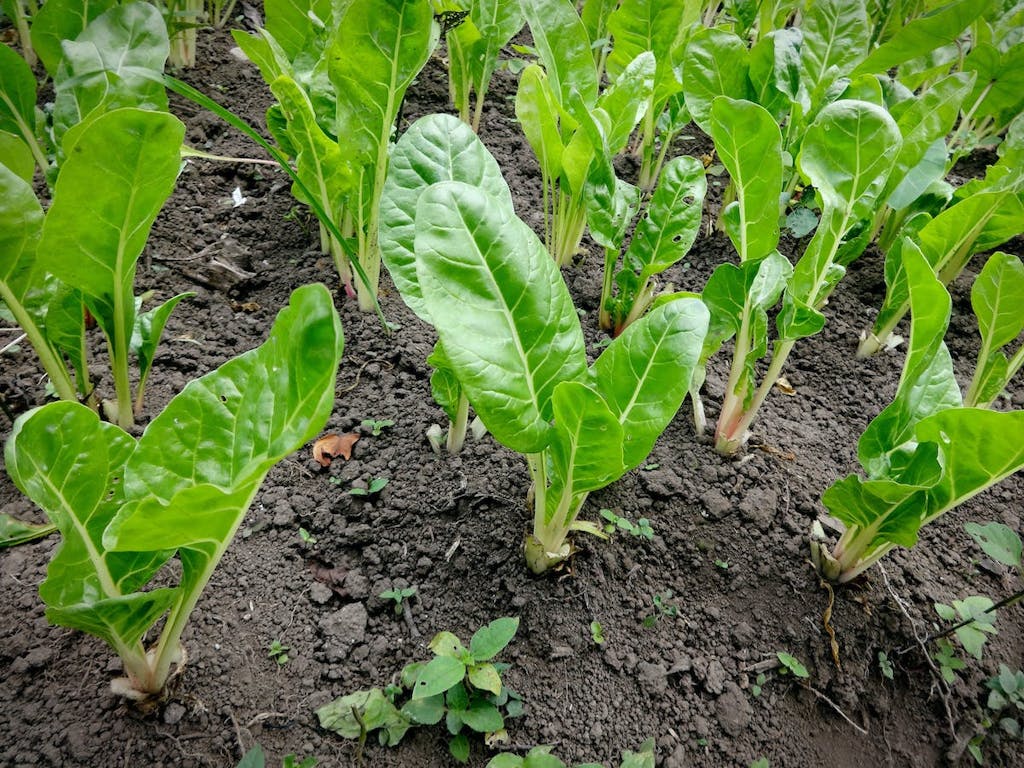Poor nutrition was a part of life in the community where Gloria lives with her family. The mother of five children ranging in age from 3 to 15 years, she didn’t know that simple family gardens could solve her family’s problems. She felt helpless as she watched each of them struggle through one ailment after another.
Gloria wasn’t alone. Her neighbors in Saquib-Chitepey, a community in Guatemala, also knew little about preparing healthy meals that could provide the nutrition their children needed. Their access to food of any kind was very limited – the variety of foods needed to prepare balanced meals just wasn’t available to them.
Poor Nutrition Caused Constant Illness
And, Gloria says, they weren’t aware that poor nutrition was causing the ailments that plagued their children.
Food for the Hungry (FH) Guatemala came into this region of San Juan Chamelco to help with the establishment of family gardens and to teach good farming practices. The effort was an extension of FH’s Growth Promotion and Monitoring program. It targets families with children under the age of 5, when it is most crucial to improve their nutrition and health.
First Step Was Education
Through the program, Gloria and her neighbors learned about the best crops to grow in the soil available to them. They were taught better planting practices, how to effectively water crops and control pests, crop rotation, and other good farming practices to increase their yield and withstand extreme weather.
Gloria and her neighbors learned about new crops that would add higher nutritional value to their diets and diversify flavors in their meals, such as radishes, chard, coriander, carrots, and so much more. They were also shown good hygiene practices in food handling and preparation.
Good Nutrition Leads to Better Life
In all, 47 families were helped by the program, including 47 women, 57 children under 5, and 178 school-aged children.
Life, nutrition, and health were improving. Their crops were even yielding a surplus, and FH taught the how to sell it at markets for a steady income.

Major Setbacks Arrive
Then, in the spring of 2020, came a global pandemic. Staff with FH Guatemala struggled to help the community and many others with new hygiene training and provide essential supplies – but from a distance, as required by local laws.
They continued to struggle with the threat of illness, but that wasn’t the only challenge that would plague Guatemala and neighboring countries in 2020. In November, tropical storms Eta and Iota, both super-powerful Category 4 hurricanes, made landfall within a two-week span – one disaster on top of another.
The storms caused flooding and landslides at a scale never seen before. In all, they affected 2.4 million people in Guatemala alone. The storms damaged homes, wiped out crops, devastated orchards, and washed away roads and bridges.
The Task of Rebuilding
As the community of Saquib-Chitepey started the difficult task of rebuilding what they had lost, FH delivered food rations in the community as well as seeds and root vegetables, for the reestablishment of damaged crops. They helped to rebuild the damaged orchards. By early spring, women in the community began working in groups planting beans, corn, and other basic grains supplied by FH, to first build back the crops that are essential to the families’ basic nutrition.
“We are praying for a milder summer and storm season so the crops are not damaged,” said Gloria, who is now a volunteer agriculture promoter. She says she knows the community can build back and accomplish even more.
Family Gardens Brought Improved Lives
“The arrival of FH in our community brought much change,” she says. “Children throughout the community are healthier, and they now like attending classes. Some neighbors are eager to help each other move forward.
“My children are more active, and they enjoy talking to visitors. My baby girl loves to go to school, and all my younger children enjoy playing. They even like helping me with the chores around the house, especially working in my garden,” Gloria says.
But she appreciates most the training she’s received from FH. “Because it is knowledge that no one can take away from me,” Gloria explains. “I can pass it on to my children so that they will have a good life.
Freedom to Dream
“I am very grateful to God for FH. They bless us every day with new knowledge. And we are grateful for the donors who make it possible for our dreams to come true.”
When asked about those dreams, Gloria said, “I dream that my children will each have a profession. And that I will have a large garden!”
Continue Reading:
A Path to the Future: Hope for a Family of 8

